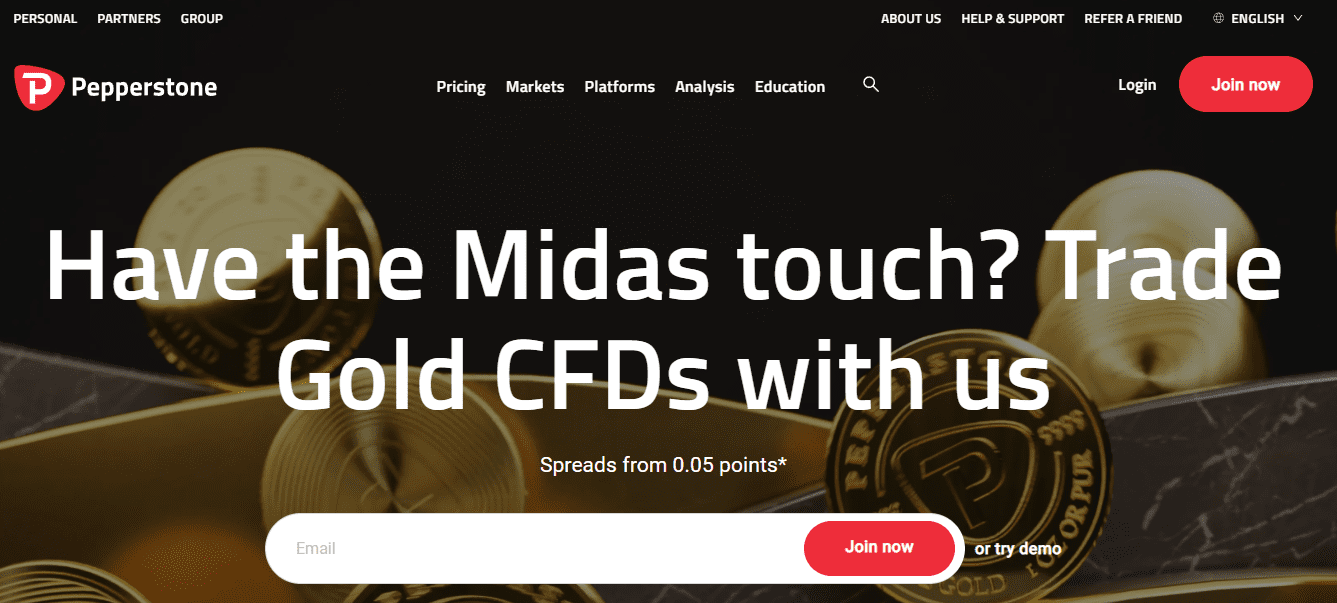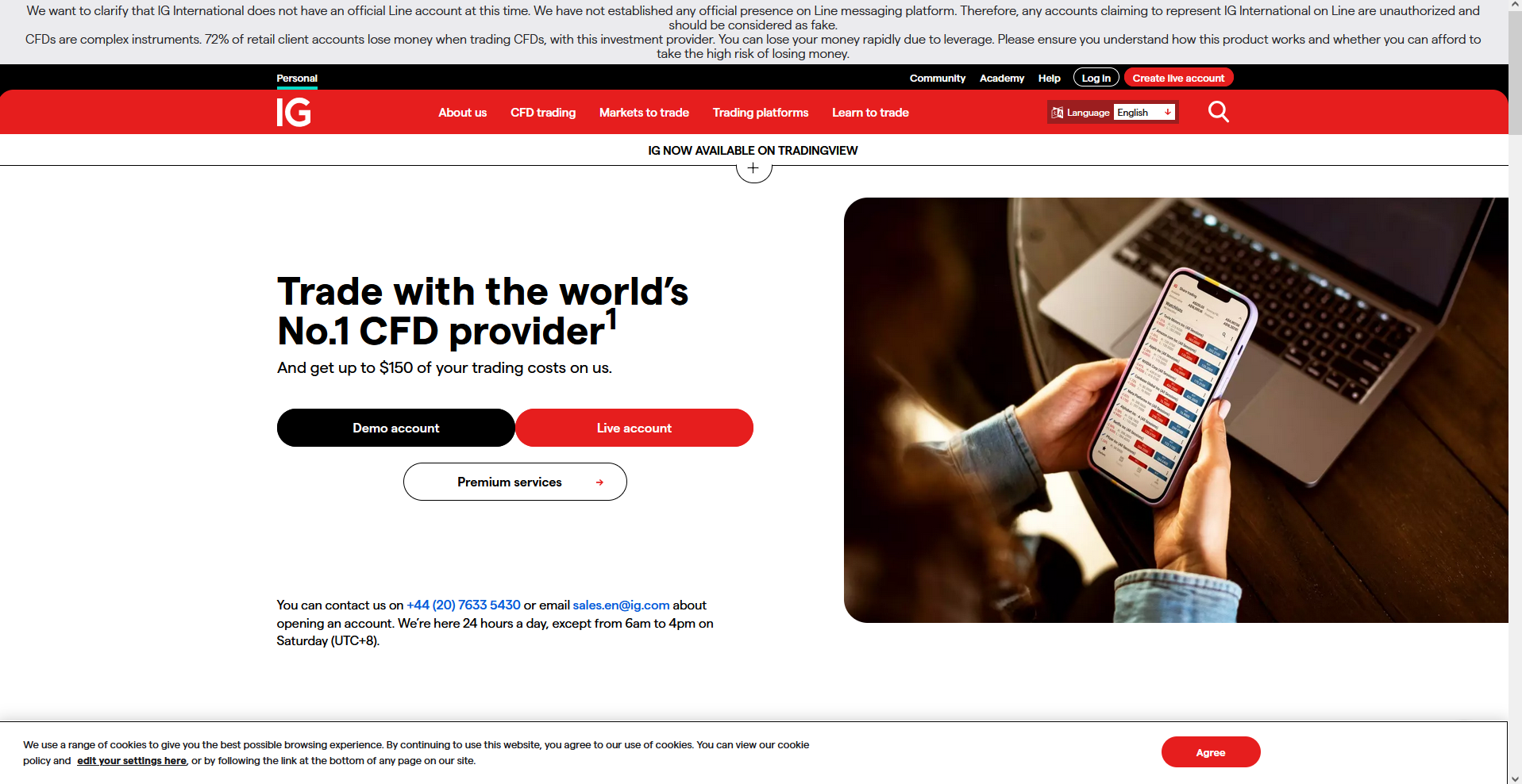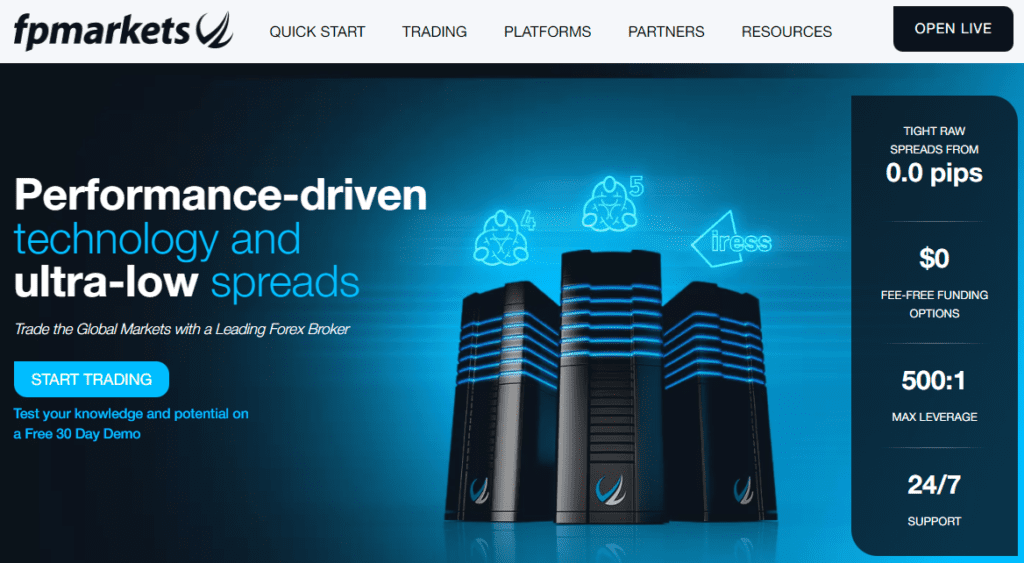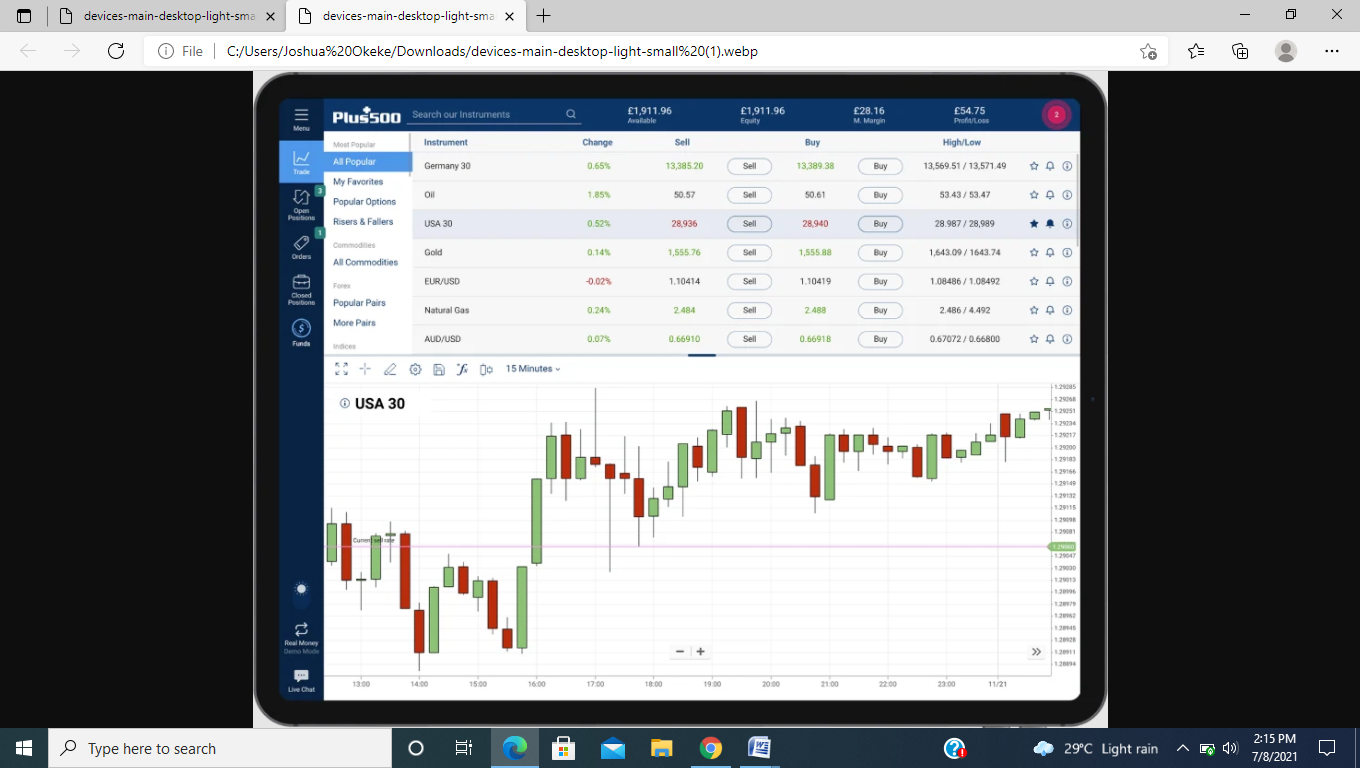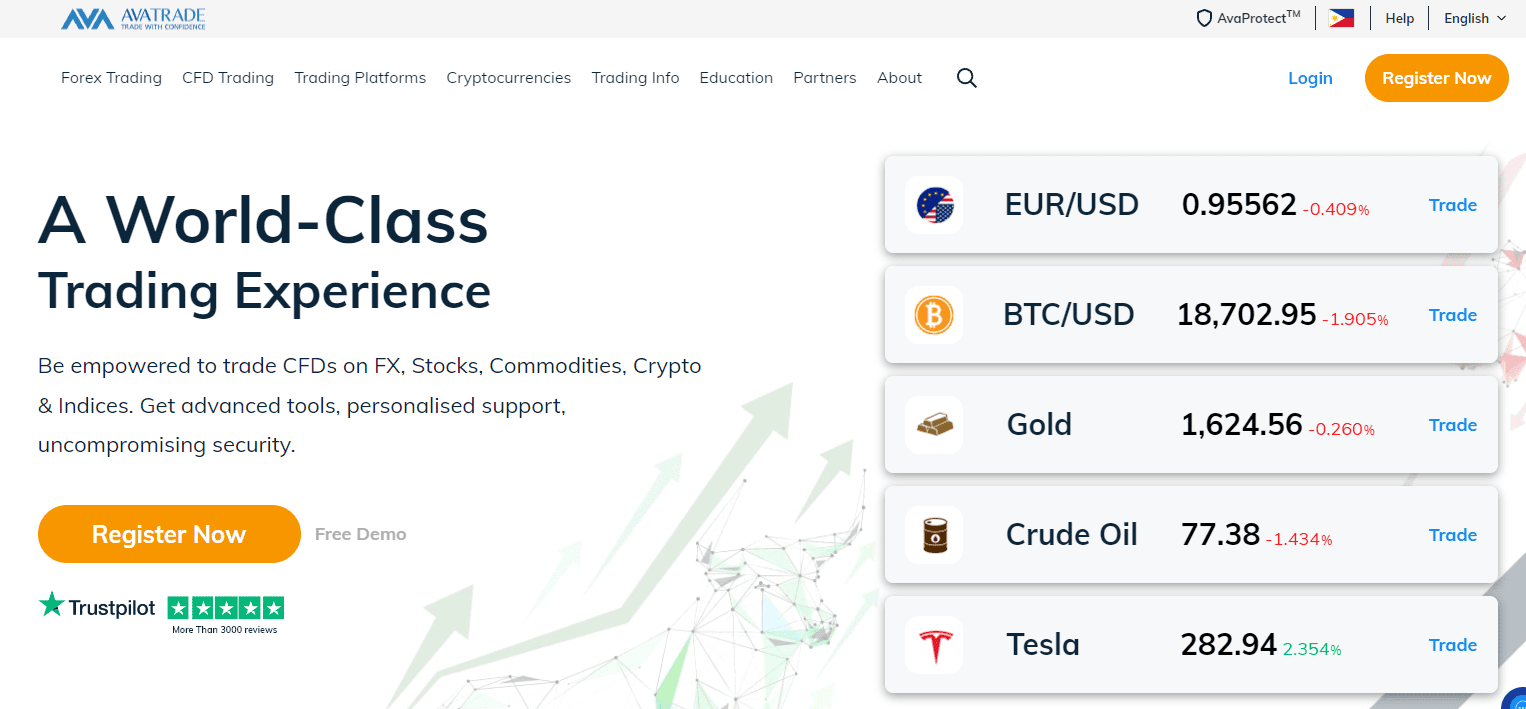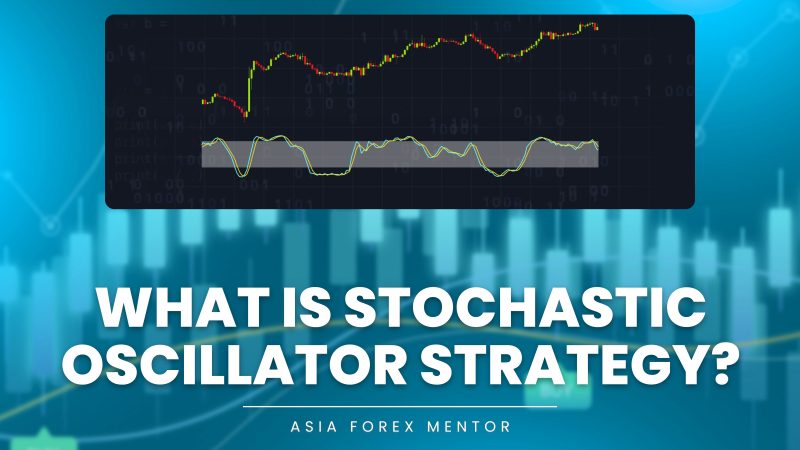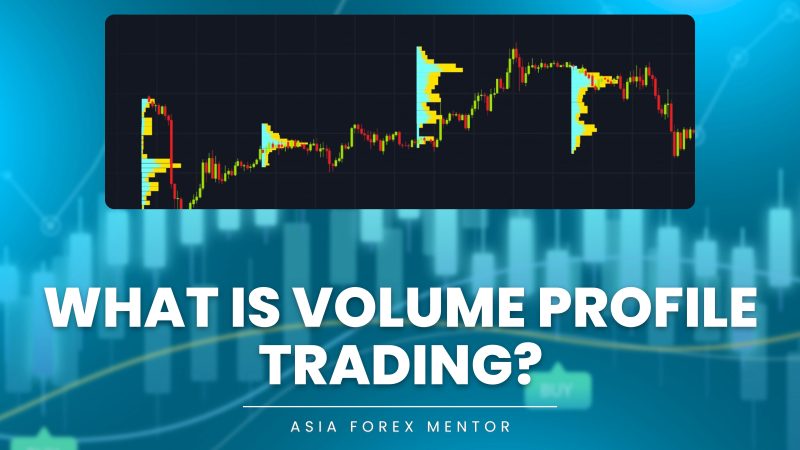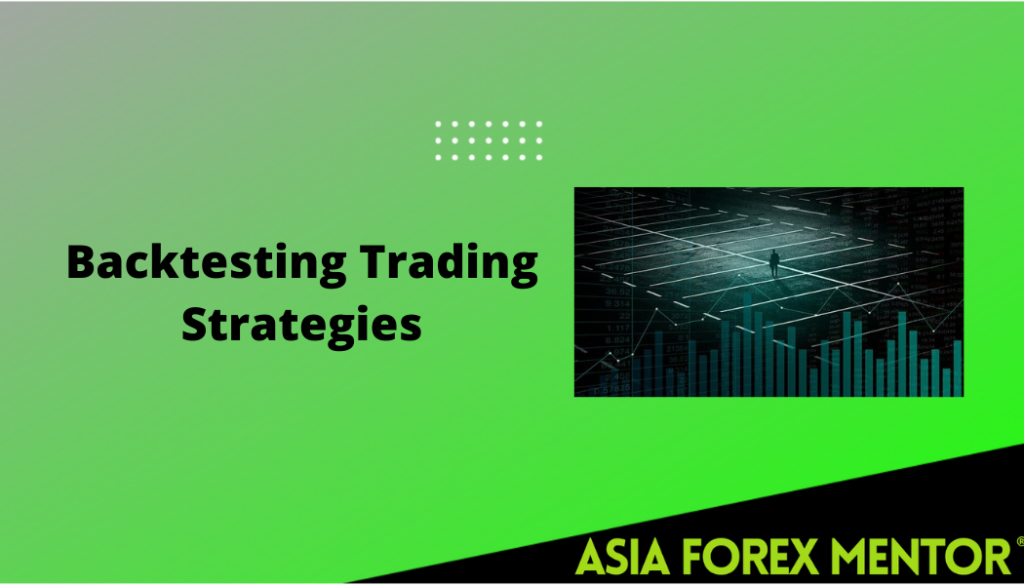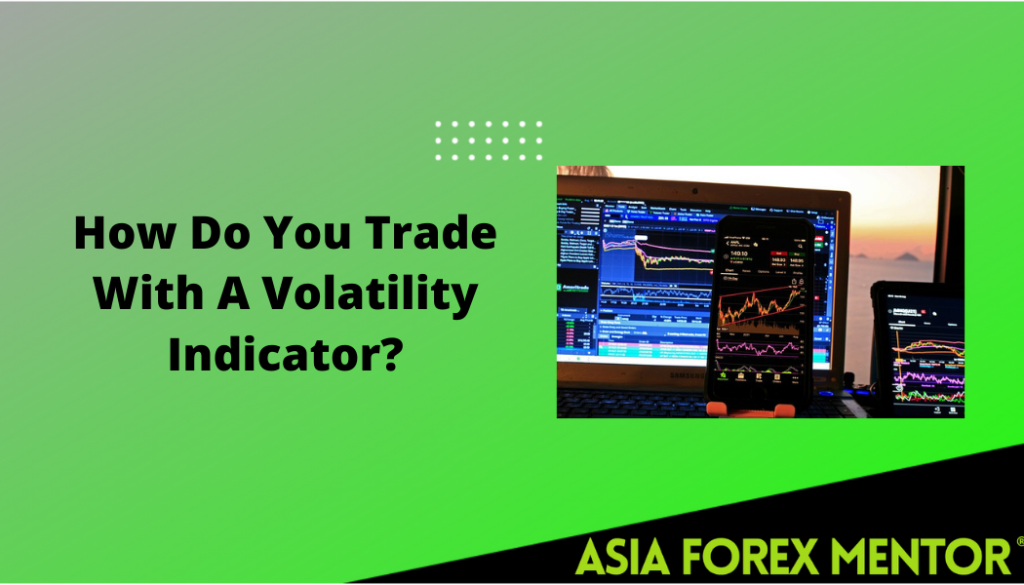Finding the right forex broker can make or break your trading experience, especially in Europe, where regulations and offerings vary widely. With over 9 million active traders across the continent, choosing the right platform is more crucial than ever! This guide dives into the top 10 forex brokers in Europe, highlighting their features, advantages, and why they stand out in 2024. Whether you're a beginner or an experienced trader, we've got you covered.
Why Choose a Forex Broker in Europe?
Choosing a Forex broker in Europe is appealing due to its strong regulatory environment. Authorities like MiFID (Markets in Financial Instruments Directive) and ESMA (European Securities and Markets Authority) enforce strict rules to protect traders. These regulations ensure transparency, accountability, and segregation of client funds, minimizing risks of fraud or malpractice.
EU-based brokers also offer notable advantages. They prioritize safety with high operational standards and provide competitive trading conditions, including lower fees and tighter spreads. Additionally, traders benefit from investor compensation schemes and stringent data protection laws, making the European market a secure and efficient choice for forex trading.
Top Features to Look for in a Forex Broker
When selecting a Forex broker, prioritize user-friendly trading platforms that are intuitive and feature-rich, catering to both beginners and experienced traders. Competitive spreads and low commissions are essential to minimize trading costs and maximize profitability.
Ensure the broker provides access to diverse markets like Forex, CFDs, stocks, and commodities, allowing portfolio diversification. Reliable customer support and comprehensive educational resources help traders navigate challenges effectively. Finally, choose brokers with strong regulation and security measures to protect funds and ensure a safe trading experience.
The 30 Best Forex Brokers in Europe for 2024
Selecting a reliable forex broker is crucial for successful trading. Below is a curated list of the top 30 forex brokers in Europe for 2024, highlighting their key features, platforms, and regulatory statuses.
#1. Eightcap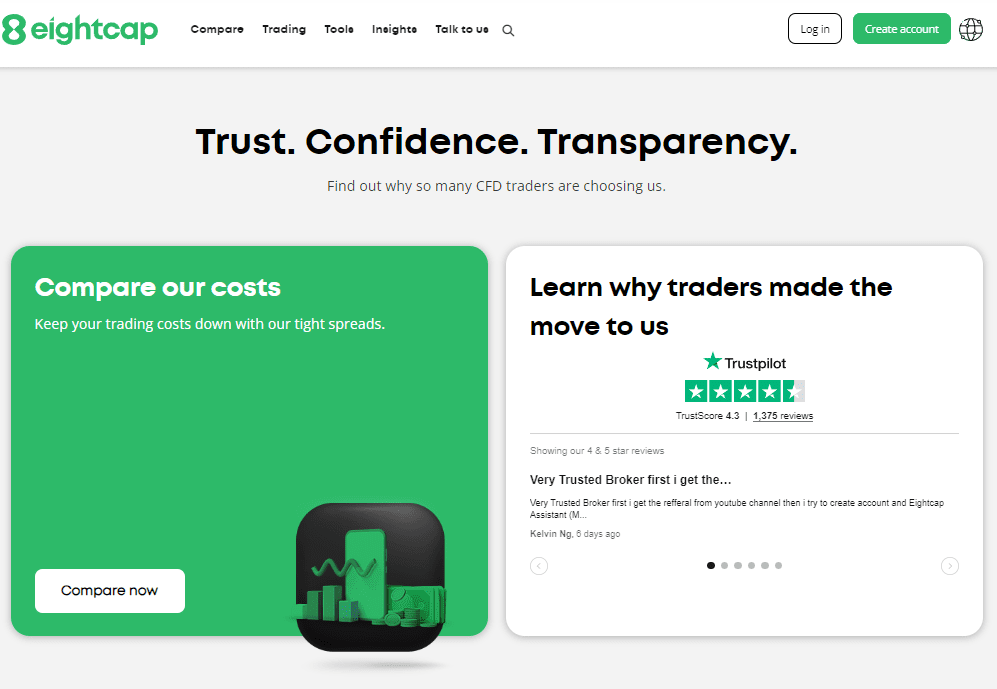
What is Eightcap?
Eightcap is a global online broker established in 2009, offering access to over 800 financial instruments, including forex, commodities, indices, and cryptocurrencies. It provides traders with multiple platforms, such as MetaTrader 4, MetaTrader 5, and TradingView, to accommodate diverse trading preferences.
Advantages and Disadvantages of Eightcap
Eightcap Commissions and Fees
Regarding commissions and fees, Eightcap offers two account types: the Standard Account, which features no commissions and spreads starting from 1 pip, and the Raw Account, which provides spreads from 0.0 pips with a commission of $3.50 per side (totaling $7.00 per round lot). This structure allows traders to choose between commission-free trading with wider spreads or tighter spreads with a fixed commission.
OPEN AN ACCOUNT NOW WITH EIGHTCAP AND GET YOUR WELCOME BONUS
#2. Pepperstone
What is Pepperstone?
Pepperstone is an Australian-based online broker established in 2010, offering trading services across various asset classes, including forex, stocks, and commodities. Operating internationally, it holds regulatory licenses in multiple jurisdictions, such as the UK, Germany, Cyprus, Kenya, the Bahamas, and the UAE.
Advantages and Disadvantages of Pepperstone
Pepperstone Commissions and Fees
Regarding commissions and fees, Pepperstone provides two primary account types: the Razor Account, featuring spreads as low as 0.0 pips with a commission of AUD $7 per round turn per standard lot, and the Standard Account, which is commission-free with spreads starting from 1.0 pips. Additionally, the broker charges swap rates for positions held overnight and fees for international bank wire withdrawals, while deposit fees and inactivity fees are not applied.
OPEN AN ACCOUNT NOW WITH PEPPERSTONE AND GET YOUR WELCOME BONUS
#3. OANDA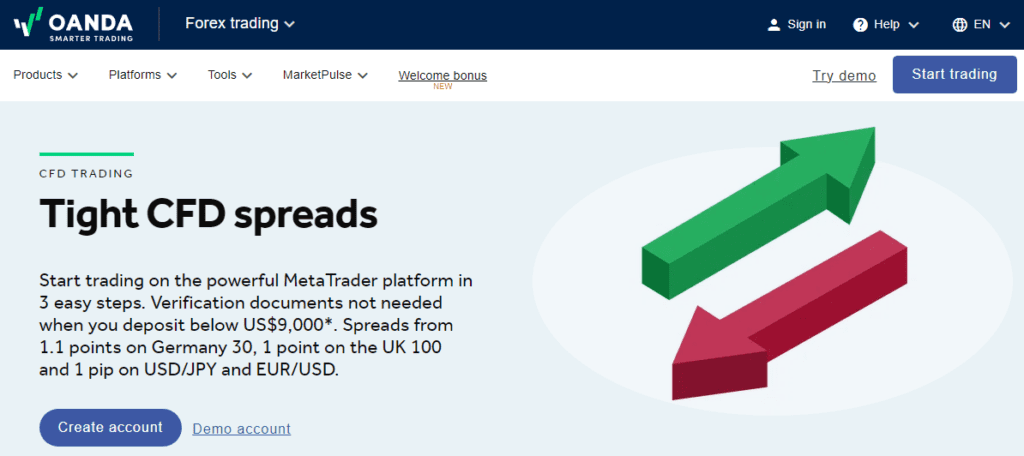
What is OANDA?
OANDA is a globally recognized online broker established in 1996, offering trading services in forex and CFDs across various asset classes, including commodities and indices. Renowned for its transparent pricing and robust regulatory oversight, OANDA caters to both novice and experienced traders.
Advantages and Disadvantages of OANDA
OANDA Commissions and Fees
OANDA employs a spread-based pricing model, with no separate commission charges on trades. The average spread for the EUR/USD pair is approximately 1.61 pips, which is higher than the industry average. Additionally, OANDA charges an inactivity fee of $10 per month after 12 months of inactivity.
OPEN AN ACCOUNT NOW WITH OANDA AND GET YOUR WELCOME BONUS
#4. IG Group
What is IG Group?
IG Group is a UK-based online trading provider offering access to spread betting and CFD trading, enabling clients to speculate on various financial markets without owning the underlying assets. Established in 1974, it operates globally and is listed on the London Stock Exchange as a constituent of the FTSE 250 Index.
Advantages and Disadvantages of IG Group
IG Group Commissions and Fees
Commissions and fees at IG Group vary depending on the specific financial instruments and markets traded. For instance, spread betting and CFD trading typically involve costs embedded within the spread, while stock trading may incur separate commission charges. Clients are advised to review IG Group's official fee schedule for detailed information on applicable charges.
OPEN AN ACCOUNT NOW WITH IG GROUP AND GET YOUR WELCOME BONUS
#5. IC Markets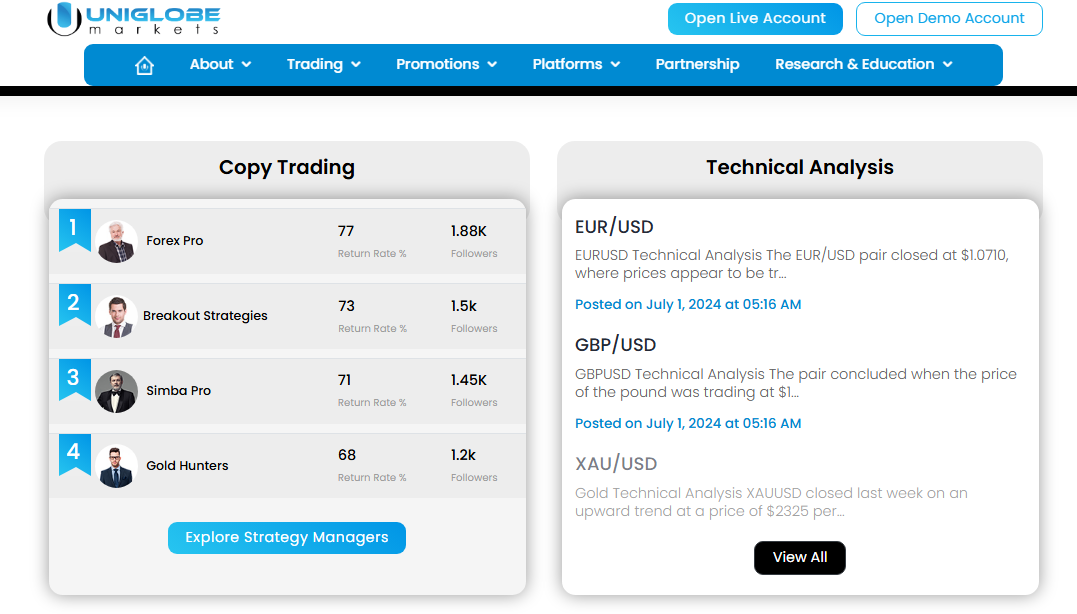
What is IC Markets?
IC Markets is a globally recognized online forex and CFD broker, established in 2007 and headquartered in Sydney, Australia. It offers traders access to a wide range of financial instruments, including forex, commodities, indices, and cryptocurrencies, through advanced trading platforms like MetaTrader 4, MetaTrader 5, and cTrader.
Advantages and Disadvantages of IC Markets
IC Markets Commissions and Fees
IC Markets provides competitive trading conditions with low spreads and transparent fee structures. The Standard Account operates on a spread-only model with no commissions, while the Raw Spread Account features spreads starting from 0.0 pips, accompanied by a commission of $3.50 per lot per trade. Notably, IC Markets does not charge deposit or withdrawal fees, and there are no inactivity fees, making it a cost-effective choice for traders.
OPEN AN ACCOUNT NOW WITH IC MARKETS AND GET YOUR WELCOME BONUS
#6. eToro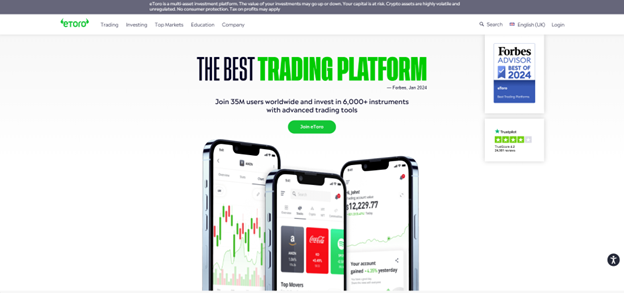
What is eToro?
eToro is a social investment and multi-asset brokerage company that offers a platform for both manual and social investing, including features like CopyTrader™. It provides access to a wide selection of stocks, currencies, commodities, cryptoassets, and ETFs, catering to a diverse range of investors.
Advantages and Disadvantages of eToro
eToro Commissions and Fees
eToro charges $0 commissions on stock and ETF trades, making it an attractive option for cost-conscious investors. However, it imposes a 1% fee on both the entry and exit of cryptocurrency trades, which can accumulate with frequent trading. Additionally, eToro requires a minimum deposit of $100 to open an account.
OPEN AN ACCOUNT NOW WITH ETORO AND GET YOUR WELCOME BONUS
#7. FP Markets
What is FP Markets?
FP Markets is an Australian-based forex and CFD broker established in 2005, offering a wide range of trading instruments, including forex pairs, commodities, indices, and cryptocurrencies. The broker is regulated by the Australian Securities and Investments Commission (ASIC) and the Cyprus Securities and Exchange Commission (CySEC), ensuring compliance with international financial standards.
Advantages and Disadvantages of FP Markets
FP Markets Commissions and Fees
FP Markets provides two main account types: the Standard Account, which is commission-free with spreads starting from 1.0 pips, and the Raw Account, featuring raw spreads from 0.0 pips with a commission of $6 per round-turn lot. This structure caters to both novice and experienced traders, offering competitive pricing across various trading platforms.
OPEN AN ACCOUNT NOW WITH FP MARKETS AND GET YOUR WELCOME BONUS
#8. Plus500
What is Plus500?
Plus500 is a London-based financial firm offering an online trading platform for contracts for difference (CFDs), share dealing, futures trading, and options on futures. Operating in over 60 countries, it is listed on the London Stock Exchange and is a constituent of the FTSE 250 Index.
Advantages and Disadvantages of Plus500
Plus500 Commissions and Fees
Plus500 primarily generates revenue through the bid-ask spread on trades, meaning it does not charge traditional commissions. However, traders should be aware of potential fees such as overnight funding charges, currency conversion fees, and inactivity fees for dormant accounts.
OPEN AN ACCOUNT NOW WITH PLUS500 AND GET YOUR WELCOME BONUS
#9. XM
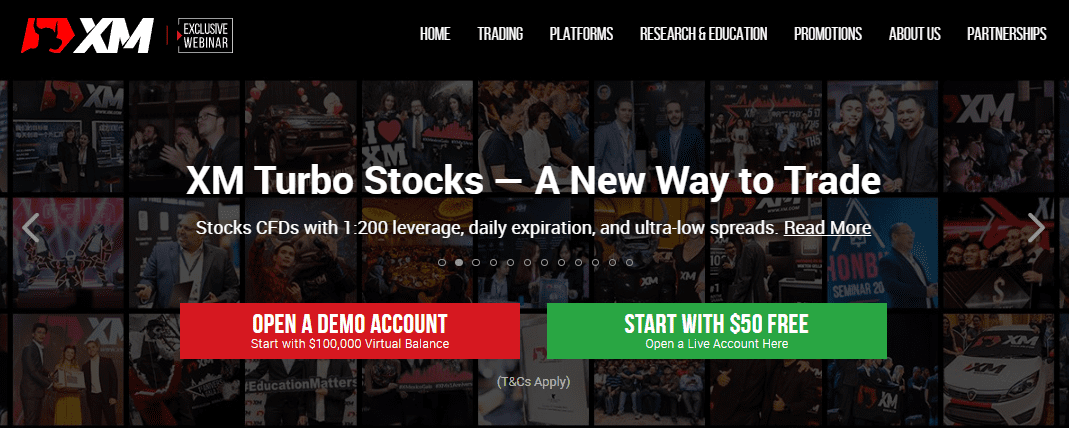
What is XM?
XM is a satellite radio service that was one of the two primary providers in the United States before merging with Sirius Satellite Radio to form Sirius XM in 2008. It offered a wide range of music, news, sports, and entertainment channels to subscribers across the country.
Advantages and Disadvantages of XM
XM Commissions and Fees
Regarding commissions and fees, XM's subscription plans varied based on the selected package, with options ranging from à la carte offerings to comprehensive channel lineups. Pricing was influenced by factors such as the number of channels, premium content, and additional services like traffic and weather updates.
OPEN AN ACCOUNT NOW WITH XM AND GET YOUR WELCOME BONUS
#10. AvaTrade
What is AvaTrade?
AvaTrade is a globally recognized online brokerage firm established in 2006, offering a diverse range of trading platforms and instruments, including forex, CFDs, and cryptocurrencies. The company is regulated by multiple authorities, ensuring a secure trading environment for its clients.
Advantages and Disadvantages of AvaTrade
AvaTrade Commissions and Fees
AvaTrade operates on a commission-free model, with its revenue primarily derived from spreads on trades. While deposits and withdrawals are free, the broker imposes an inactivity fee of $50 per quarter after three consecutive months of inactivity, and an annual administration fee of $100 after 12 months of non-use.
| Rank | Broker | Description |
| 11 | Swissquote | Swissquote is a leading Swiss-based broker, fully regulated in Europe (FINMA, CSSF, FCA) and globally respected for safety. It gives European traders access to forex, stocks, commodities, and crypto on advanced platforms like MetaTrader 4/5 and its own Swissquote platform. The minimum deposit is €1,000. Swissquote offers competitive spreads, deep liquidity, and extensive market research. While fees are not the lowest, its security, fund protection, and range of markets make it a top pick for serious traders seeking a powerful suite of trading tools in Europe. |
| 12 | CMC Markets | CMC Markets is a UK-listed broker, regulated by the FCA, BaFin, and other top-tier bodies. It offers over 12,000 instruments covering forex, indices, commodities, shares, ETFs, and treasuries, all on its award-winning proprietary web/mobile platform and MetaTrader 4. CMC excels with very tight spreads, advanced charting, and innovative risk management features. The broker has no minimum deposit and charges mainly via competitive spreads. Education and client support are highly rated; inactivity fees apply after 12 months. CMC is ideal for active traders who value comprehensive market access and a strong regulatory record. |
| 13 | XTB | XTB, regulated by the FCA, CySEC, and KNF, stands out for its intuitive xStation platform. XTB provides European traders access to forex, indices, stocks, commodities, and crypto. The broker is commission-free for stocks/ETFs (under certain thresholds) and offers variable spreads on FX. There are no deposit or withdrawal fees for most payment methods. XTB provides first-class educational resources and stellar client support. The minimum deposit is low and accounts are protected under EU investor schemes. XTB is known for transparency and tailored support, fitting both beginners and advanced traders. |
| 14 | Admirals (ex-Admiral Markets) | Admirals is regulated by FCA, CySEC, EFSA, and ASIC and provides access to forex, stocks, indices, commodities, bonds, and ETFs. European clients can use MetaTrader 4/5 and the feature-rich Admirals app, benefitting from tight spreads, negative balance protection, broad education, and strong analytics. Fees are built into spreads or charged as fixed commissions, depending on the account. Admirals is respected for its innovation and regulatory strength, making it a trusted broker for a range of European traders. |
| 15 | Saxo Bank | Saxo Bank, regulated by the Danish FSA and MiFID-compliant, is a premium broker offering access to 40,000+ instruments, including stocks, bonds, forex, futures, and options. Saxo’s proprietary web/mobile platform is robust, sophisticated, and highly customizable. The minimum deposit starts at €2,000, and Saxo provides ultra-tight spreads with tiered account levels. Its research and customer service are top-tier, but fees can be high for less active clients. Saxo is ideal for high-net-worth individuals and professional traders looking for global reach and powerful analytics in Europe. |
| 16 | Interactive Brokers | Interactive Brokers (IBKR) is the global standard for professional and institutional trading. Regulated by all major EU regulators (FCA, CSSF, CNMV), IBKR offers access to 150+ markets, including stocks, options, futures, FX, bonds, and funds. IBKR’s Trader Workstation and web platforms provide exceptional analytics and direct-market access. While the interface is complex, fees are among the lowest industry-wide. IBKR has no minimum deposit for EU residents, stringent fund protection, and multi-currency support, making it the broker of choice for sophisticated and international European traders. |
| 17 | Trade Republic | Trade Republic is a German-based, BaFin-regulated, mobile-first investment platform. It offers stocks, ETFs, derivatives, and now crypto, with zero-commission trading (except a €1 fixed fee per trade). With a simple app, free savings plans, transparent costs, and strong security, Trade Republic appeals to young investors and digital natives throughout the EU. It doesn’t support forex or advanced platforms like MT4/5, but its ease, cost savings, and account protection are ideal for first-time or passive European traders. |
| 18 | ActivTrades | ActivTrades is a London-based broker, MiFID II compliant and regulated by FCA, CONSOB, and CSSF. It provides forex, CFDs, indices, and cryptocurrencies through its proprietary ActivTrader platform and MetaTrader 4/5. Spreads are competitive (from 0.5 pips on major pairs). Accounts are protected via top-level insurance, and the minimum deposit is €500. ActivTrades offers 24/5 multilingual support and negative balance protection but has limited educational detail compared to others. |
| 19 | FXCM | FXCM is FCA-regulated and one of the world’s most established forex brokers. It offers trading on forex, indices, and commodities with strong execution technology and access to APIs. Its leverage is ESMA-limited in Europe, and there is no minimum deposit. FXCM is known for excellent platform choice, including proprietary web, Trading Station, and MT4. FXCM is strong in analytics and education, making it a great choice for algorithmic, mobile, and beginner European traders. |
| 20 | BUX | BUX is a neo-broker licensed and regulated in the Netherlands, Germany, and the UK, providing app-based share, ETF, and CFD trading to Europeans. BUX Zero is tailored for zero-commission stock investing, while BUX X and BUX Crypto expand the range to forex, indices, and cryptocurrencies. Designed for millennials and Gen Z, BUX makes investing simple, social, and accessible with strong security and zero minimum deposit on its flagship platform. Fees are either spread-based or zero, and the interface is built for mobile ease. |
| 21 | AvaTrade | AvaTrade is MiFID II compliant and regulated across the EU (CBI, CNMV, CSSF), giving access to forex, crypto, indices, commodities, and stocks with commission-free trading. AvaTrade has its own AvaTradeGO app plus MetaTrader 4/5. The broker stands out for competitive spreads, comprehensive education, strong multilingual support, and client fund segregation. Fees are mainly in the spread and inactivity fee after three months of no account activity. |
| 22 | Tickmill | Tickmill is FCA-, CySEC-, and FSCA-regulated, with very low spreads (from 0.0 pips on Pro/Raw accounts), excellent MT4/5 support, and fast execution. It has no deposit/withdrawal fees and robust safety measures, including negative balance protection. Tickmill’s education and research center is growing, and the minimum deposit is €100. This transparent and low-cost broker is valued by scalpers and active European traders. |
| 23 | City Index | City Index is a longstanding FCA-regulated forex and CFD broker, offering trading on 12,000+ markets including currencies, commodities, shares, and indices. The proprietary WebTrader and MT4 provide advanced tools for all strategies. Spreads are competitive and accounts come with negative balance protection. City Index’s award-winning research and reliable execution make it suitable for experienced day traders and serious investors in Europe. |
| 24 | FXPro | FXPro is regulated in the UK, Cyprus, and South Africa, and provides robust forex and CFD trading on MT4, MT5, cTrader, and proprietary platforms. It offers tight spreads, no dealing desk intervention, and extensive educational resources. FXPro supports a range of payment methods, transparent conditions, and clients’ fund security. It's well-suited for European traders who value platform choice and regulatory strength. |
| 25 | FBS | FBS is CySEC and FCA regulated for the EU market, known for low spreads and flexible leverage (ESMA-compliant in Europe). It supports MetaTrader 4/5 and provides strong promotions for beginners, detailed market analytics, and local support. Minimum deposit is low, and fees are built into the spreads or fixed per commission account types. FBS prioritizes accessibility, security, and education, making it good for newer trading audiences. |
| 26 | Degiro | Degiro is a pan-EU broker, regulated in the Netherlands and MiFID-compliant, offering low-cost stock, ETF, option, and futures trading. Known for ultra-low commissions (as low as €2 on stock trades), Degiro has no inactivity or deposit fees. It does not offer forex or MetaTrader, but its cost transparency and global equities access make it a staple for European investors. Its platform is web-based, with robust analytics, but no leverage for retail investors. |
| 27 | Roboforex | Roboforex holds CySEC regulation for EU clients, supporting both MetaTrader 4/5 and cTrader. It offers competitive spreads, a wide array of assets, instant execution, and a range of promotions and bonuses (where not restricted). It is ideal for algorithmic traders and those needing extensive deposit/withdrawal solutions. Roboforex’s educational resources are strong, but clients should be aware of inactivity fees. |
| 28 | Capital.com | Capital.com is FCA and CySEC regulated and offers commission-free CFD trading across forex, stocks, indices, and cryptocurrencies. It provides a user-friendly platform and mobile app, strong educational content (including AI-powered tips), and negative balance protection. Capital.com is ideal for traders looking for smart tools, easy onboarding, and transparent operations. |
| 29 | Libertex | Libertex is authorized by CySEC, offering CFD trading on forex, commodities, indices, stocks, and crypto. It is known for its fixed low-commission model and tight spreads. Libertex supports MetaTrader and its proprietary app, delivering an easy experience for both new and experienced traders. There is no minimum deposit, and the platform is accessible in several European languages, with good educational and support offerings. |
| 30 | XTB International | XTB International is regulated in multiple jurisdictions (ex-EU service), but for Europeans, XTB Europe remains under strict CySEC and KNF regulation. XTB is popular for its proprietary xStation platform, fast execution, transparent pricing, and robust education hub. It offers a no-commission structure on stocks and ETFs (up to a volume threshold) and supports multilingual support. Suitable for diversified traders seeking ease of use and reliability. |
OPEN AN ACCOUNT NOW WITH AVATRADE AND GET YOUR WELCOME BONUS
When choosing a forex broker, consider factors such as regulatory status, trading platforms, fees, and the range of available instruments to ensure they align with your trading needs and preferences.
Comparing Fees and Spreads Across Brokers
When evaluating forex brokers, it's essential to consider their commission structures, spreads on popular currency pairs, and any additional fees that may impact your trading costs. Below is a comparative analysis of ten prominent brokers:
Analysis of Commission Structures
- Eightcap, Pepperstone, IC Markets, FP Markets, XM: These brokers offer both spread-only and commission-based accounts. Their commission-based accounts typically charge $3.00–$3.50 per lot per side, paired with low or zero spreads.
- OANDA, IG Group, eToro, Plus500, AvaTrade: These brokers primarily operate on a spread-only model. They do not charge separate commissions, instead incorporating costs into the spreads.
Comparison of Spreads for Popular Currency Pairs
- Low Spread Brokers: Eightcap, Pepperstone, IC Markets, FP Markets, and XM consistently offer the tightest spreads, starting from 0.0 pips on major pairs like EUR/USD.
- Moderate Spread Brokers: IG Group and Plus500 provide competitive spreads, starting from 0.6–0.8 pips, making them a good choice for traders prioritizing simplicity.
- Higher Spread Brokers: OANDA, eToro, and AvaTrade have slightly wider spreads, starting from 1.0–1.1 pips, but they often compensate with user-friendly platforms or added features.
Overview of Hidden Fees
- Withdrawal Fees: Brokers like eToro and Plus500 charge a flat fee for withdrawals, while others may impose charges based on withdrawal methods, such as bank transfers or e-wallets.
- Inactivity Fees: Inactivity fees vary significantly, with brokers like eToro applying them after 12 months, while Plus500 and AvaTrade enforce them after three months of no activity.
- Swap Fees: Overnight financing fees are standard across brokers and depend on the position size and currency pair traded.
- Additional Fees: Guaranteed stop-loss orders are optional but may incur extra charges for added trading certainty.
Considering these factors ensures traders select a broker whose fee structure aligns with their trading strategy and financial goals. Choosing brokers with transparent pricing and competitive spreads can significantly enhance trading profitability.
Regulation and Security in European Forex Trading
Role of Regulatory Bodies: Regulatory authorities like CySEC, FCA, and BaFin play critical roles in maintaining the integrity of the forex market. CySEC oversees brokers in Cyprus and aligns with EU MiFID II regulations, ensuring consistent standards across Europe. The FCA in the UK enforces stricter compliance, including segregated client funds and negative balance protection. BaFin, Germany's regulator, focuses on financial stability and robust supervision of brokers operating within the country.
Impact on Broker Practices and User Safety: Regulations enforce transparency in broker operations, such as clear fee structures, fund protection, and fair trading practices. They also mandate measures like anti-money laundering (AML) compliance and data protection, reducing risks for traders. Regulated brokers are less likely to engage in fraudulent activities, offering higher safety standards for users.
Steps to Verify Broker Credentials: To confirm a broker’s legitimacy, check their regulatory license on the official websites of CySEC, FCA, or BaFin. Verify the broker's name and license number against the regulatory database. Additionally, look for reviews and avoid brokers without clear regulatory information. Ensuring a broker is regulated provides an extra layer of security for traders.
How to Choose the Best Broker for Your Needs
Matching Broker Features to Your Trading Goals: Selecting the right broker depends on your trading objectives and trading strategies in the Forex industry. Day traders may prioritize brokers offering low spreads and fast execution, while long-term investors might look for robust analytical tools and diverse asset offerings. For example, if trading forex, ensure the broker provides access to major currency pairs, tight spreads, and platforms like MetaTrader 4 or 5 for advanced trading tools.
Importance of Demo Accounts for Beginners: Demo accounts allow new traders to practice without risking real money. They help beginners understand the broker's platform, test strategies, and gain confidence in trading before transitioning to a live account. A broker offering an unlimited demo account is particularly beneficial for extended learning.
Key Questions to Ask When Evaluating Brokers: Before choosing a broker, ask about their regulation, trading fees, spreads, and withdrawal policies. Confirm the range of tradable instruments, platform usability, and availability of customer support. Additionally, inquire about educational resources and risk management tools, which are critical for both beginners and experienced traders.
FAQ:
1) What makes a forex broker “good” for European traders?
A quality European broker typically offers strong regulation, low trading costs (tight spreads + low commissions), fast execution, robust platforms (MT4/MT5/cTrader), and responsive support. For a curated shortlist, see our guide to the best forex brokers in Europe. If you value raw pricing and fast fills, compare with top ECN forex brokers.
2) Which regulators should I look for in Europe?
Look for Tier-1/Top-tier oversight such as the UK’s FCA (post-Brexit, still highly regarded), plus respected EU regulators (BaFin, CySEC, CSSF, CNMV, CONSOB, AMF, etc.). A broad market overview is in the best forex brokers in Europe guide.
3) Are European brokers safe?
Safety depends on regulation, segregation of client funds, negative balance protection, and transparent operations. Avoid opaque firms; see warning signs in our piece on unregulated forex brokers (useful as a “what to avoid” checklist).
4) What platforms do European brokers offer?
Most offer MT4/MT5; many add cTrader for depth-of-market and advanced order control, great for ECN conditions. Compare top cTrader brokers if you need Level II and fast ECN routing.
5) How do spreads and commissions work in Europe?
Two common models: “all-in spread” or “raw spread + commission.” Cost-focused traders often prefer raw + commission. If tight pricing matters, review our picks for lowest-spread forex brokers.
6) Can I scalp or use EAs with European brokers?
Usually yes, if the broker allows scalping and has no restrictive dealing-desk rules. Pair that with low latency and raw pricing. See our round-up of best brokers for scalping.
7) What leverage can I get in the EU and UK?
Retail caps are typically lower under ESMA/FCA (e.g., 1:30 on majors). “Professional” status may unlock higher leverage but with fewer protections. For broader broker comparisons, start with best forex brokers in Europe.
8) Do European brokers offer Islamic/Swap-free accounts?
Many do, but terms vary. If funding costs matter, read our explainers on swap/rollover and slippage & execution to choose structures that fit your strategy.
9) What is an ECN/STP broker, and should I care?
ECN/STP routes orders to external liquidity with minimal intervention, often delivering tighter raw spreads. Learn how to vet them in ECN forex brokers and our primer on market structure.
10) Which European brokers support PayPal or fast funding?
Some do; availability varies by country. If payment method flexibility is key, shortlist from the best PayPal forex brokers.
11) Are PAMM/MAM accounts popular in Europe?
Yes, for investors and managers who prefer pooled management. Understand how allocation and risk work via our guide to PAMM account brokers.
12) How do I compare brokers by country (Spain, UK, etc.)?
Local platform, language support, and tax documents can differ. See country and region pages like UK forex brokers and EU overviews such as best forex brokers in Europe. For platform-centric picks in Spain, see best trading platforms in Spain.
13) What fees should I watch beyond spread/commission?
Check for deposit/withdrawal fees, inactivity fees, conversion fees, and data/premium tool charges. Our article on bid-ask spreads and slippage helps quantify “hidden” costs.
14) MT4 vs MT5 vs cTrader for Europe, what’s best?
MT4 has huge EA/library support, MT5 adds more markets/timeframes, and cTrader excels in ECN depth and order control. Compare ecosystems via best cTrader brokers and broader broker lists in Europe.
15) How do I verify a broker’s license?
Cross-check the broker’s legal entity and license number on the regulator’s website (FCA, CySEC, BaFin, etc.). Then sanity-check with our due-diligence notes in best forex brokers in Europe and warnings in unregulated brokers.
16) Can European brokers offer crypto CFDs?
Many do under specific product governance and risk disclosures. If you’re crypto-inclined, review market mechanics (e.g., Bitcoin for beginners) and the broker’s crypto CFD policies.
17) What order types matter for active trading?
Stops, limits, stop-limits, trailing stops, OCO, and market-if-touched are common. Read our primers on buy stop vs buy limit and trailing stop loss.
18) How important is execution speed in Europe?
Very, especially for scalping and news trading. Latency affects slippage and fills. Brush up on gap/news trading and slippage before choosing.
19) What account types do EU/UK brokers provide?
Standard, Raw/Pro (commissioned), sometimes Cent/Micro for beginners, and Islamic/Swap-free. To size trades correctly from day one, use our lot size and position sizing guides.
20) How do I compare platforms for research and tools?
Check built-in screeners, sentiment, depth-of-market, copy trading, and API access. Our platform roundups (e.g., best trading platforms in Spain) are a good filter.
21) Do European brokers allow copy or social trading?
Many offer in-house or third-party solutions. Before copying, understand risk and strategy fit with our guides on copy trading and copy trading software.
22) What are typical EU protections (e.g., negative balance)?
EU/UK brokers usually provide negative balance protection; complaints go through the relevant regulator/ombudsman. Still, due diligence is vital, see our risk primers like risk management.
23) What deposit/withdrawal methods are common?
Cards, bank transfers, e-wallets (PayPal, Skrill), and sometimes local solutions. If flexibility matters, shortlist using best PayPal forex brokers.
24) How do I avoid bad actors?
Avoid promises of guaranteed returns, withdrawal hurdles, and aggressive upselling. Study red flags here: unregulated forex brokers (what to avoid), plus our scam analyses across the site.
25) What’s the best account for beginners in Europe?
A Cent/Micro or Standard with low minimums, education, and solid support. Start with the region’s curated list: best forex brokers in Europe, then learn the basics in Forex for beginners.
26) Should I trade majors, minors, or exotics?
Majors generally offer tighter spreads and better liquidity, ideal in ESMA/FCA environments with lower leverage. Use our primer on currency pairs and most volatile forex pairs.
27) How do swaps/rollovers work under EU rules?
Overnight financing depends on the pair’s interest rate differential and broker’s schedule. Review the fundamentals in what is swap in forex and your broker’s product specs.
28) Can I trade indices, commodities, and crypto with EU brokers?
Most multi-asset brokers offer CFDs on indices, metals, energies, and sometimes crypto. To understand pricing and execution nuances, revisit market structure and liquidity.
29) How do I build a checklist for choosing a European broker?
Combine: license/regulator check, cost model (spreads/commissions), execution quality, platforms (MT4/MT5/cTrader), products, funding, and support. Use our regional shortlist: best forex brokers in Europe, then compare ECN options and lowest-spread brokers.
30) What’s the difference between UK and EU brokers after Brexit?
Mostly passporting and specific rule applications differ, but both maintain high standards. UK FCA remains top-tier; EU regimes follow ESMA frameworks. For the UK landscape, see UK forex brokers.
31) Do European brokers offer demo accounts?
Almost always. Use demos to test spreads, execution, and EAs. Learn how to transition from demo to live with our guide: demo to live trading.
32) Any tips for keeping costs low with EU brokers?
Pick raw + commission if you’re active, use limit/stop entries, trade liquid sessions, and avoid unnecessary conversions. See: bid-ask spreads and slippage trading.
33) What risk controls should I set?
Always define stop-loss, size positions by risk %, and avoid over-leverage. Start with position sizing, risk-reward, and broader risk management.
34) Can I use TradingView with European brokers?
Many brokers integrate TradingView or offer native TradingView execution. If platform choice is central, see our regional platform roundups like Spain.
35) What about VPS and latency for EU trading?
If you scalp or run EAs, a low-latency VPS near your broker’s servers helps. Pair it with a broker that supports EAs and offers stable, fast execution, shortlist via ECN brokers.
36) How do I evaluate a broker’s education and research?
Check for structured courses, daily analysis, and tooling (sentiment, screeners). For fundamentals, start with Forex trading for beginners and our hub on forex school.
37) What if I plan to trade other markets too?
Choose a multi-asset broker with competitive fees on indices, stocks, and commodities. Read our cross-market primers like forex vs stocks and how to trade futures to align platform choice with your scope.
38) How do I avoid common beginner mistakes?
Over-leveraging, chasing losses, and broker-hopping without a plan are classic pitfalls. Create a trading plan, keep a journal, and master risk management.
39) Is forex trading halal with European brokers?
It can be, provided certain conditions (no interest/usury) are met via swap-free accounts and compliant structures. Start with our overview: Is forex trading halal or haram?.
40) Where can I see a final short list to start with?
Begin here: best forex brokers in Europe. Then refine by your needs: ECN brokers, lowest-spread brokers, PayPal brokers, or scalping-friendly brokers.
Also Read: The 10 Best Forex Brokers in Asia in 2024 • Reviewed by Asia Forex Mentor
Conclusion
Choosing the right forex broker in Europe is essential for successful and secure trading in 2024. This list of the 10 best forex brokers simplifies the process, providing reliable and top-rated options. Ready to get started? Research your options, try demo accounts, and take your trading to the next level today!
